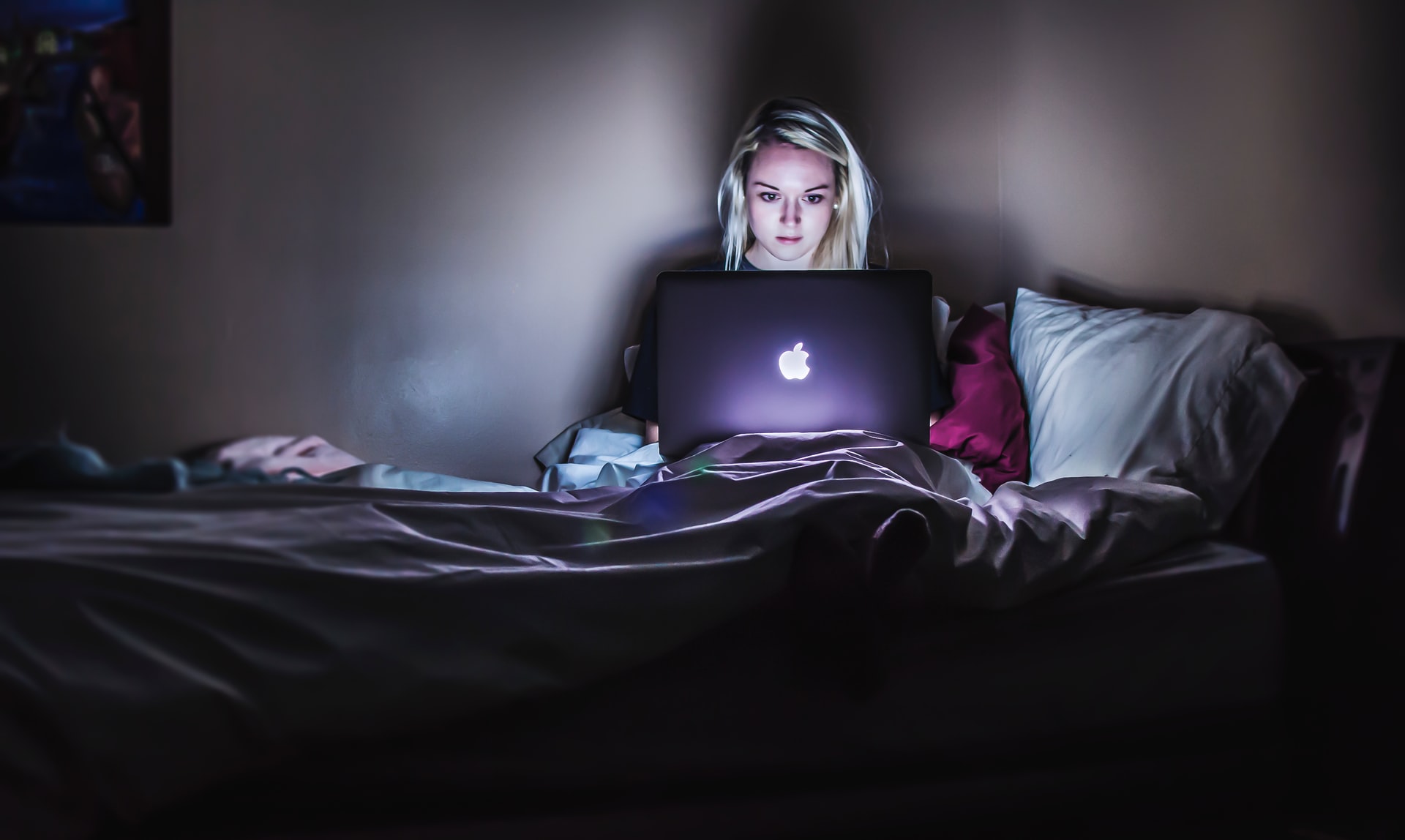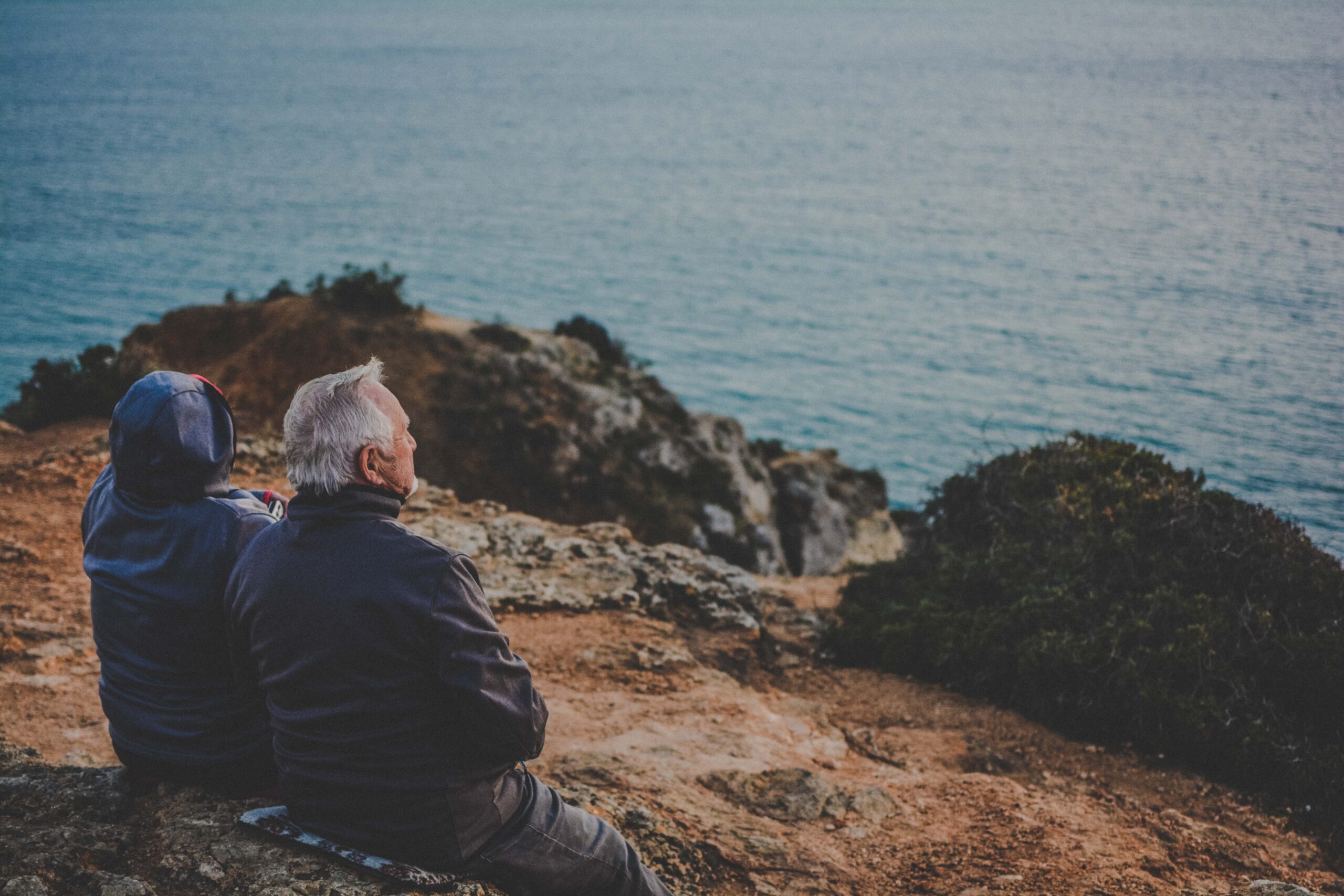
One in three teenagers (28%) suffered sleep problems during the pandemic, with a third (33%) taking action to aid their sleeping, including turning to sleeping pills, CBD and counselling. The new research commissioned by the UK’s leading bed retailer Dreams reveals pandemic-driven anxiety and feeling stressed, lonely or isolated were the biggest factors in causing poor sleep, which is linked to reduced physical and mental health.
The study examined sleep habits and attitudes of more than 2,000 teenagers aged 13-17 years old to better understand the impact COVID-19 has had on youth sleep health. It uncovered a third (30%) feel more anxious or stressed and one in five (17%) have poorer mental health since the beginning on the pandemic. Fears surrounding future prospects (49%) and the shift to remote learning (54%) were main causes for anxiety over the last 12 months, closely followed by changes to exam timetables (36%) and not being able to attend school or college (33%).
Teens not telling parents about sleep problems
These factors have had a detrimental impact on the quality and amount of their sleep – proven to be critical in achieving overall good health and mental wellbeing.
NHS England recommends that teenagers should get between eight to 10 hours per night.
Worryingly, the research revealed over a third of teenagers (39%) were not getting enough sleep through the pandemic, and as many as a quarter (25%) were struggling to sleep throughout the night.
Yet as few as one in four (23%) of teens have told their parents about their sleep difficulties.
Teens turning to medical support to sleep better and feel better
One in three (33%) teens have taken their sleep health into their own hands and taken steps to try and sleep better. Some of the solutions this group have turned to include seeking medical advice or taking additional health supplements (one in 10) and as many have turned to therapy or counselling. One in 10 have also taken sleeping pills to try and sleep through the night.
Of those who had taken medicine, over-the-counter CBD or supplements, nearly a fifth (18%) admitted to taking it every day.
This pursuit of medical support stems from an understanding among teens of the importance of good sleep to their mental health, school work and relationships. Seven in 10 agree sleep is important, and more than half say it is critical to their mental and physical wellbeing:
- Confidence: Almost three quarters (70%) say better sleep means being in a better mood; four in 10 say it makes them feel more confident
- School: Two thirds (69%) say it helps them to concentrate and 60% say it helps them do better at school
- Energy: Two thirds (66%) say it means they have more energy and over half says they feel more motivated
Dr Julie Smith, Clinical Psychologist, says: “Teen routines have been overhauled throughout the pandemic. They’ve had no control on their schooling, let alone the wider concerns many have felt towards their education and prospects in the long-term. Coupled with increased isolation, and an over-reliance on tech, it’s not a surprise that teens have found it hard to switch off, wind down and get to sleep.
“This is concerning, especially as their routines have been overhauled again. Sleep is a really important part of overall good health and mental wellbeing, especially for young people. It’s how our bodies rationalise our experiences and enable us to return to a calm, more meditative state.
Linda Meade, Dreams Chief Customer Office, said, “Even before the pandemic, we knew that too few young people were getting enough sleep. Now, this problem is even worse – and families aren’t talking about their sleep problems.
“It’s encouraging that young people recognise the importance of good sleep and want to take action. We want to help arm them with the information, techniques and advice that will support them to sleep better and feel better. That’s why, among other things, we’re hosting this Sleep Better Festival and sharing advice and resources across our Sleep Matters Club.”
The research also found a strong appetite for help to sleep better among those who hadn’t yet sought support. A third (33%) of teens said that they want to take action to sleep better, whilst 35% agreed that less screen time would help them to get a good night.
Advice and tips from clinical psychologist Dr Julie Smith
Dr Julie Smith continued: “The positive news from this research is that teens do want to sleep better. I’ve therefore pulled together some top tips below for how parents and teens can help to take back control and help them to sleep better as a result:
Dr Julie’s top tips:
Keep a worry pad:
- One of the biggest problems young people have in struggling to sleep is actually due to a struggle in switching off. This is because, after days of distractions, their worry thoughts only begin to creep in when they’re going to sleep. These thoughts, in turn, can trigger their stress response which prevents them from falling asleep as a result.
- One way for teens to stop worrying and start relaxing is to keep a worry pad next to the bed. My advice would be that if you start to worry, note it down. These notes will essentially become your to do list; a list that you can refer to the next day with a fresh mind, so that you can think more clearly, problem-solve and get them off your mind before you next hit the pillow.
Switch off the screens:
- The combination of lockdown and winter has meant that most young people have had to spend much more time at home. There has been little else to do than sit in their rooms and go on screens, gaming or social media.
- The problem with this is that our circadian rhythm (our internal clock that tells us when to fall asleep and when to wake up) is governed by changes in light. It is actually the most direct way to adjust our sleep patterns. Whilst exposure in the day from blue light doesn’t have a big impact, exposure in the evening does. It sends signals to your brain that it’s the morning time, thereby acting to shift your internal clock so that it’s more difficult to fall asleep and probably more difficult to wake up the next day too.
- At times like these, I’ve no doubt that it can be really hard to feel like you’re the only one switching off screens earlier in the evening. Why not set a screen-free pact with friends or share the idea with your parents so that they can help you sustain it. Alternatively, arrange to chat online during a certain time frame and after that – try to switch off and wind down. Try a new screen-free hobby or spend time with your family doing something else that you enjoy.
Give caffeine a cut off:
- It’s common to pick up an energy drink or a cola on the way home from school, but these drinks can cause all sorts of problems – especially when it comes to sleep patterns.
- High levels of caffeine in these drinks can cause you to feel jittery and mimic the signs of anxiety, so you might often notice that your heart is pounding or you start sweating. At the same time, caffeine also blocks the receptors in your brain that let you know when you’re getting tired. If you take it late in the day, it could therefore stay in your system Caffeine for several hours and prevent you from being able to fall asleep at the time you need to.
- If you are struggling with sleep, check your caffeine intake and try to avoid energy drinks that can be very high in caffeine, for something caffeine free. Try not to consume any caffeine after the school day if you can, opting for an alternative drink that won’t disrupt your ability to fall asleep. The same also goes for sugary drinks and food – the earlier you stop consuming them the better when it comes to your sleep health.
Prioritise social support
- One of the ways young people have been particularly impacted by lockdown is through isolation from friends that they might normally share their worries with. This is concerning, especially because young people need social support more than ever in times of change.
- Good quality relationships and regular social support are some of the most powerful tools we have for maintaining good mental health. Loneliness is associated with changes in mood, stress and anxiety – all of which negatively impact on your sleep too.
- Make human connection a priority where you can – especially if you have found yourself separated from your close friends at all. Even if it has to be a video call, the important part is that you get to speak to someone you trust – whether that is a close friend, an older sibling, parent, or even a teacher.
Get out into the daylight
- Being in lockdown through winter has meant less exposure to light and less exercise for young people who would otherwise have been walking to school, playing sports in clubs and staying active.
- Exposure is a key way in which you can adjust your sleep cycle. In the morning get outside as soon as you can after waking up – even if it just 2-10 minutes in the garden or on the pavement. The early morning sunlight exposure (even on overcast days) will help to set your body clock ticking and determine when you will start to feel sleepy in the evening. Get as much daylight in the day as you can but in the evening, limit light as much as possible. This doesn’t only apply to the screen but also to indoor lighting too. Keep them low.



